Current Projects

 This project engages partner institutions to increase the use of Virtual Scenario (VS) tools and Scenario Based Learning (SBL) methodologies in the education of Biomedical and Natural Sciences. Through a process of knowledge sharing, authoring, and application of Virtual Scenarios in partner institutions, the project will analyse the efficacy of VS tools and SBL methodologies used with large populations of students and teachers.
This project engages partner institutions to increase the use of Virtual Scenario (VS) tools and Scenario Based Learning (SBL) methodologies in the education of Biomedical and Natural Sciences. Through a process of knowledge sharing, authoring, and application of Virtual Scenarios in partner institutions, the project will analyse the efficacy of VS tools and SBL methodologies used with large populations of students and teachers.
The partnership of this funded EC project under is Knowledge alliance strand, comprises three institutions from three European countries: Masaryk University (Czechia), Grigore T. Popa University of Medicine and Pharmacy Iasi (Romania), and St George’s University of London (United Kingdom). The multi-institutional investigation of this type represents a benchmark in the exploration of pedagogy, efficacy and staffing efficiency of each method, in an era in which learning activities are increasingly blending face-to-face with eLearning.
During the project period, 10 interactive VS will be created and reviewed in English and subsequently translated into Romanian and Czech languages. This set of VS will be implemented into curricula to support self-directed learning, reasoning and critical thinking skills of students at the partner universities. Teachers in the participating institutions will acquire cutting edge skills in VS development and pedagogy activities such as Problem-based Learning (PBL) and Team-Based Learning (TBL).
Watch the Team-Based Learning (TBL) trial as part of TELSON project.
Objectives:
- Innovating teaching practice through technology-enhanced learning tools, such as Virtual Scenarios
- Developing students’ critical thinking and reasoning skills with the use of SBL methods in the study programs encompassing selected biomedical and natural sciences
- Sharing know-how and transferring best practices from universities which have already gone through a successful implementation of authentic, motivating, competency-based learning styles into curricula
- Delivering interactive Virtual Scenarios in the languages and cultures of the partners and associated educational networks
- Comparing pedagogical value and efficiency of two different but established SBL methods: Problem-Based Learning (PBL) and Team-Based Learning (TBL).
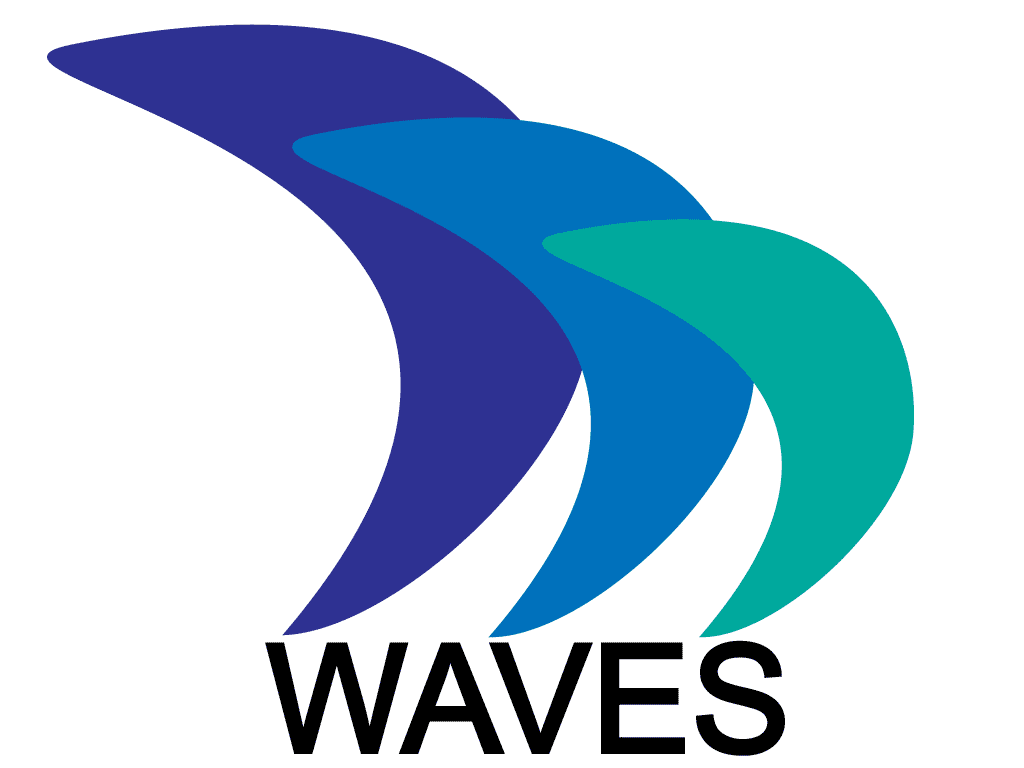
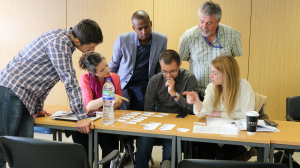
This project combines skill sets of both academic and enterprise partners to make Scenario Based Learning (SBL) more accessible for a wide range of professions. Developments will include the ability to embed SBL activities directly into learning platforms and Massive Open Online Courses (MOOCs).
By embedding SBL, MOOCS will enable development of real world skills, competency and experience rather than knowledge. The provision of training materials in multiple languages, including a ‘How to create Virtual Scenarios’ MOOC, will make VS more accessible for educators. The project will sustain and disseminate these activities through an extended partnership, the ‘WAVES’ network.
Scenario-based learning (SBL) techniques are widely recognised as a key tool in the educational toolkit, for safe training in competency and decision-making, but the available applications are challenging for educators to understand and use without considerable resource and effort.
Objectives:
- Develop and make accessible to the wider educational community, SBL applications to promote new learning and teaching methods
- Extend massive courses, replacing their oversimplified assessments and activities, with learning activities that are more engaging and authentic
- Share knowledge and provide end-user support guides and training, to reach a critical mass of learning resource creators and a large end user audience
- Impact different professional groups and networks linked to the partners, through both direct involvements and responsibilities within those groups or networks, or through a series of engagement/dissemination events, and processes.
More info here.
WAVES flyer
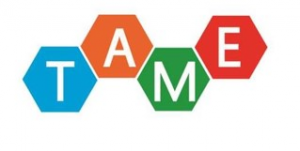
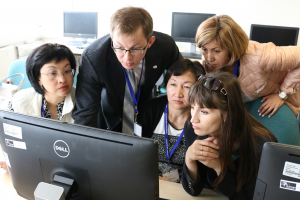 The overall objective of this project is to introduce innovative pedagogical methods that will provide training for students against medical error. TAME will innovate curricula towards teaching and learning in a safe environment and closer to the needs of real practice, where medical errors occur.
The overall objective of this project is to introduce innovative pedagogical methods that will provide training for students against medical error. TAME will innovate curricula towards teaching and learning in a safe environment and closer to the needs of real practice, where medical errors occur.
Objectives:
-
- Develop a Virtual Patient methodology based on virtual case histories to enable future physicians to avoid most common medical errors in the diagnostic and therapeutic process on a safe environment, before exposure to real patients.
-
- Transfer knowledge and experience from the institutions which have already gone through a successful implementation of learning methods in paediatrics; develop Paediatric (modules) in each institution as exemplar studies.
-
- Use the experiences gained in the exemplar study to create similar resources in different clinical attachment areas in each institution.
- Use supra-regional ePBLnet, MEFANET, and other medical education networks to create, share and disseminate these multi-lingual, multi-cultural resources aimed at avoiding or decreasing medical errors.
More information here.
TAME flyer
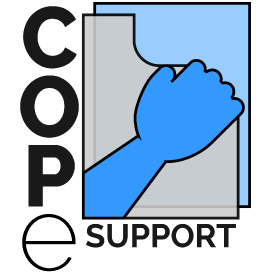
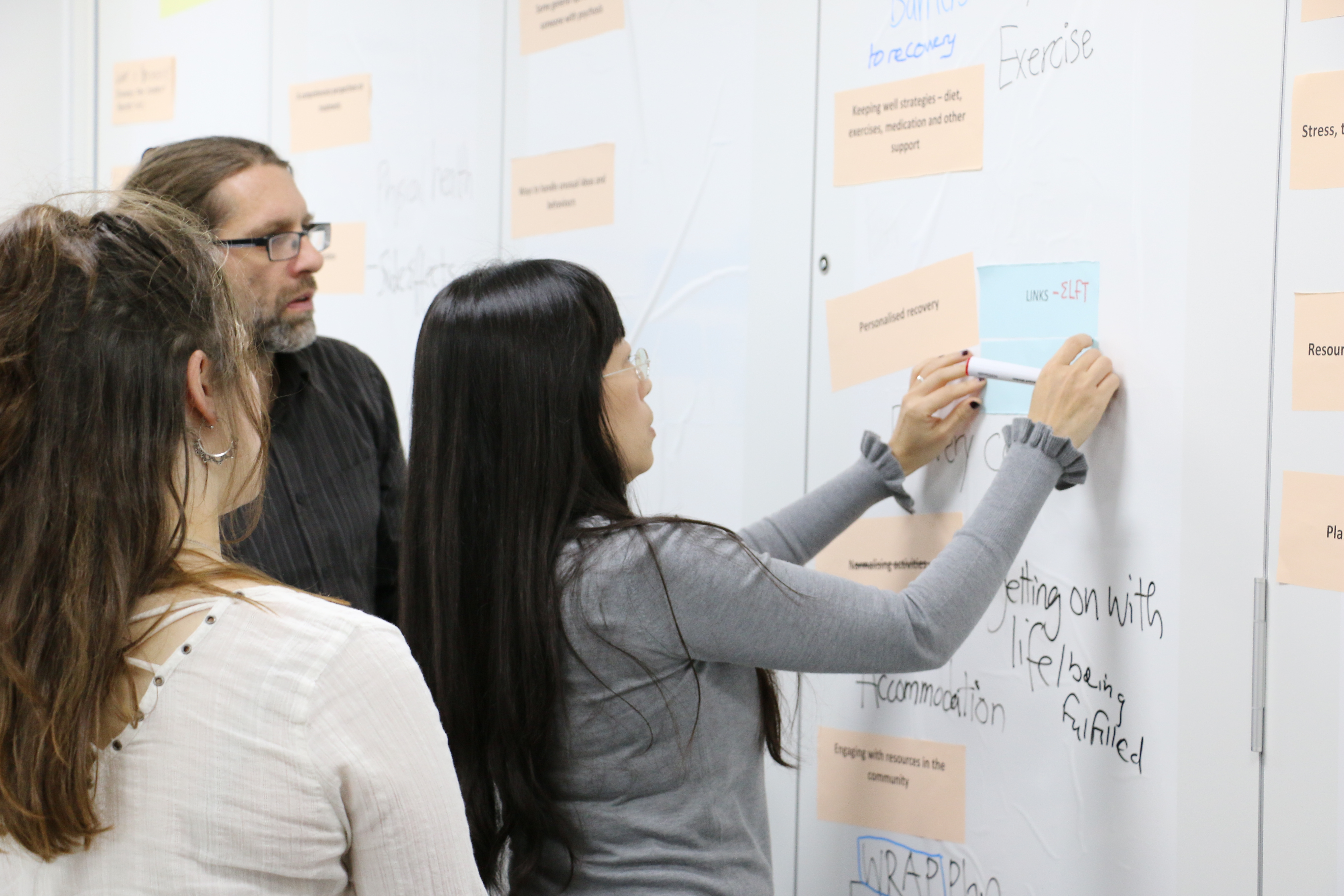
This project aims to develop and evaluate an online intervention providing peer support, information, and coping strategies to promote the wellbeing of families and friends of individuals affected by schizophrenia and psychosis.
EFFIP is a 5-year research project aiming to develop and evaluate an online resource for carers, called COPe-support (Carers fOr People with Psychosis e-support resource).
Objectives:
This research project aims to develop and evaluate an online intervention providing peer support, information, and coping strategies to promote the wellbeing of families and friends of individuals affected by schizophrenia and psychosis.
Project phases:

More info here.

 This project engages partner institutions to increase the use of Virtual Scenario (VS) tools and Scenario Based Learning (SBL) methodologies in the education of Biomedical and Natural Sciences. Through a process of knowledge sharing, authoring, and application of Virtual Scenarios in partner institutions, the project will analyse the efficacy of VS tools and SBL methodologies used with large populations of students and teachers.
This project engages partner institutions to increase the use of Virtual Scenario (VS) tools and Scenario Based Learning (SBL) methodologies in the education of Biomedical and Natural Sciences. Through a process of knowledge sharing, authoring, and application of Virtual Scenarios in partner institutions, the project will analyse the efficacy of VS tools and SBL methodologies used with large populations of students and teachers.
 The overall objective of this project is to introduce innovative pedagogical methods that will provide training for students against medical error. TAME will innovate curricula towards teaching and learning in a safe environment and closer to the needs of real practice, where medical errors occur.
The overall objective of this project is to introduce innovative pedagogical methods that will provide training for students against medical error. TAME will innovate curricula towards teaching and learning in a safe environment and closer to the needs of real practice, where medical errors occur.




